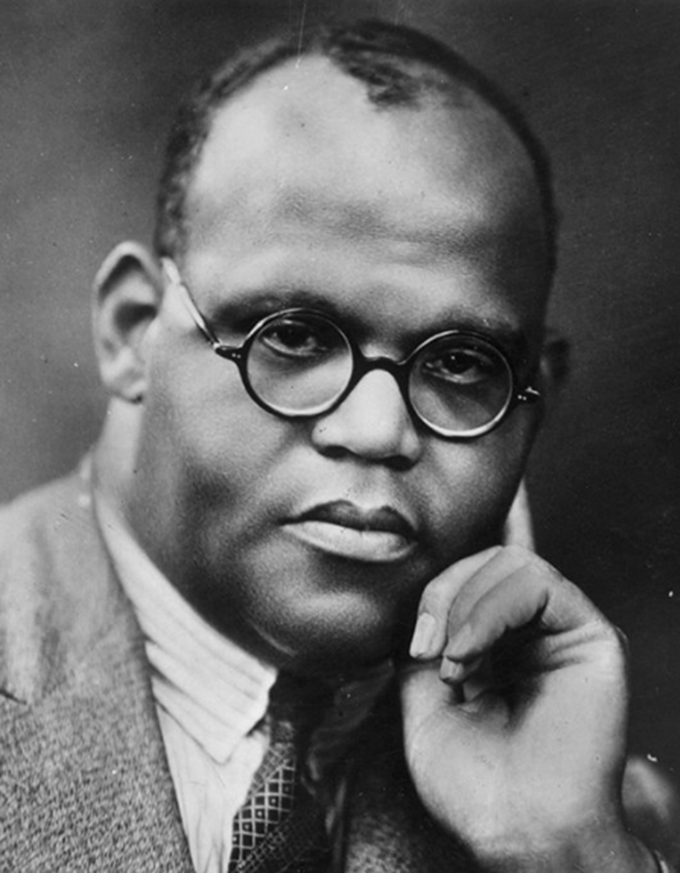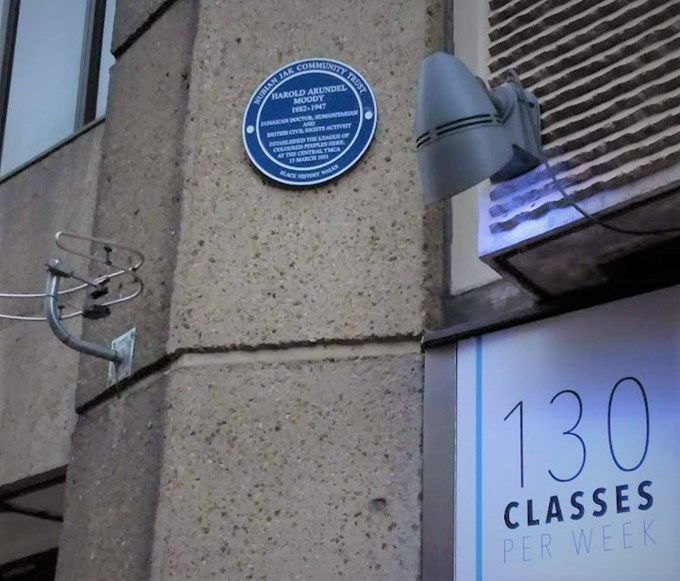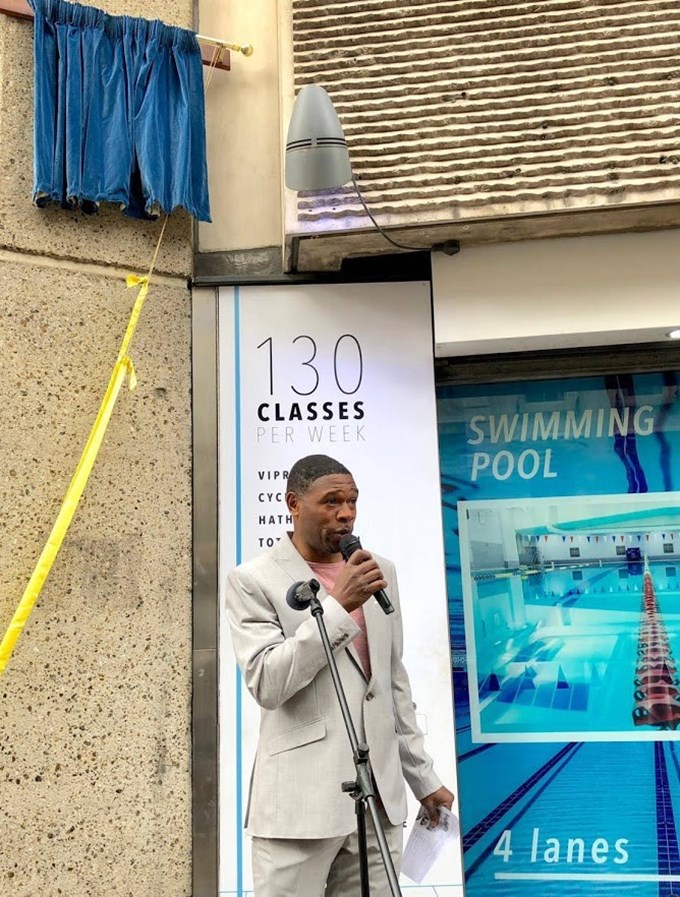Councillor for Waitematā and Gulf Mike Lee has helped facilitate a connection between a New Zealand descendant of a London civil rights activist and a charity seeking to celebrate black figures in British history.
Councillor Lee was surprised to receive a phone call earlier this month from the founder of the Nubian Jak Community Trust, a not-for-profit organisation which runs a commemorative plaque scheme highlighting the historic contributions of black and minority ethnic people in Britain.
The phone call came just hours before a commemorative plaque would be unveiled in London for Dr. Harold Moody, who founded The League of Coloured Peoples there in 1931.

Nubian Jak Community Trust founder Dr. Jak Beula was desperately seeking the New Zealand descendants of Dr. Moody to let them know that the unveiling was about to take place.
Councillor Lee enlisted the help of ex-Waitakere City Councillor and Chair of the Seniors Advisory Panel Janet Clews, whose local knowledge and detective work was key in tracking down Auckland-based Helen Moody, the oldest living grandchild of Dr. Moody.
Dr. Moody was a Jamaican-born physician and devout Christian credited with founding Britain’s civil rights movement through the establishment of The League of Coloured Peoples. While the organisation was primarily focused on in-country racial issues, it also had the wider goal of establishing racial equality around the world.
The League of Coloured Peoples folded soon after the death of Dr. Moody in 1947, but not before taking its place as Britain’s first civil rights movement of the 20th century.
Dr. Beula says Dr. Moody was doing the same thing that Dr. Martin Luther King was doing but 30 years earlier and in London, as opposed to America.
“Before the colour bar was disbanded in the UK, before the British Race Relations Act was instituted and amended, before the Commission for Racial Equality was formed - The League of Coloured Peoples in Britain founded by Dr. Moody fought for the civil rights of people of colour,” he said.
Dr. Moody’s son, Harold Moody Junior, emigrated to New Zealand in the early 1950’s and went on to become a popular Mayor of Glen Eden for six years before his death in 1986.
A well-loved recreational park in Glen Eden is named after Harold Moody Junior, in recognition of his service as Mayor of the suburb.

Councillor Lee says Helen Moody, the oldest daughter of Harold Moody Junior, was thrilled to learn that her Grandfather was to be celebrated with a commemorative plaque in London.
“The plaque was unveiled outside central London’s YMCA where Dr. Moody established The League of Coloured Peoples, marking the 88th anniversary since the founding of the organisation.
“Dr. Moody was determined to fight for the human rights of those oppressed because of their ethnicity.
“His own challenges as a brilliant medical student who was refused work because of his colour, gave him first-hand experience of racial inequality and fueled his passion to make change.
“I was very happy to work alongside Janet Clews to connect Helen with the Nubian Jak Community Trust at this important time when her Grandfather’s work to end racial inequality was being officially recognised.
“We must never forget these heroes of history and we must acknowledge their contributions to the ongoing struggle for equality and justice for all,” said Councillor Lee.


